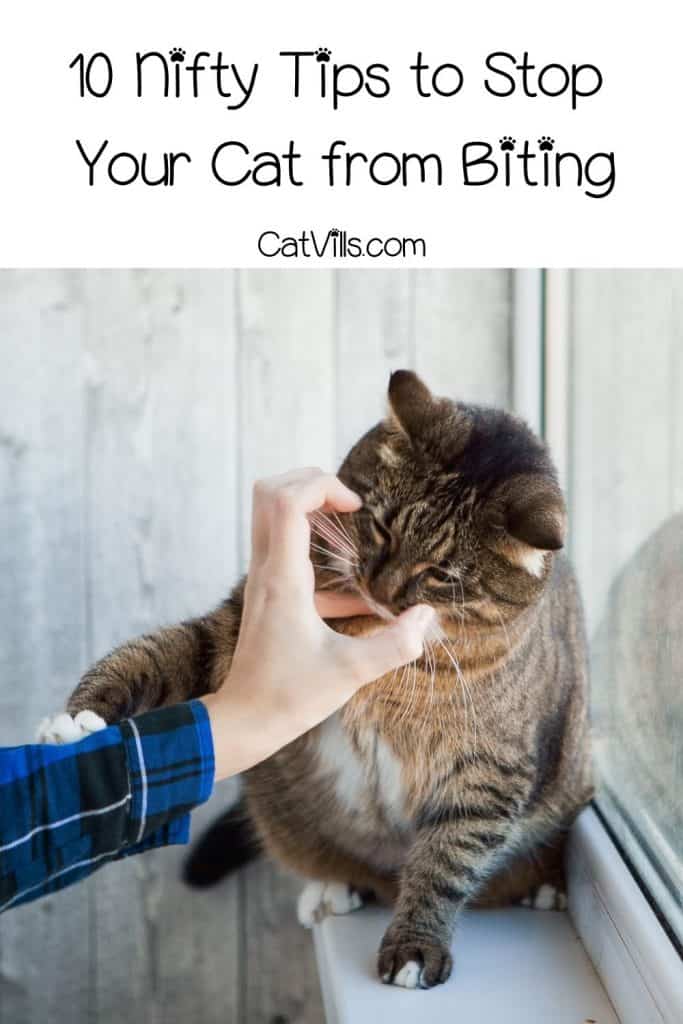Last Updated: 4 months ago
Do you have a kitten that loves to bite and are wondering how to stop a cat from biting?
If so, it can be frustrating and even painful! Fortunately, there are some steps you can take to stop your kitten from biting.
First of all, it’s important to understand why kittens bite in the first place. Kittens usually bite as a form of play or when they feel threatened or scared.
So if your kitten is biting you, it may be because they don’t know any better or because they are stressed out.
Let’s find out how to stop a cat from biting!
10 Proven Methods On How To Stop A Cat From Biting In
1. Work out why they are biting

A lot of the time, it seems that the best way to address your pet’s biting issue is to start off by trying to understand why they are doing it.
It could be as simple as them getting a little overexcited when playing, or it could just be plain boredom.
It is good practice to review how you have been playing with your cat, as it could also be asking you to stop.
2. Avoid using your hand as a toy
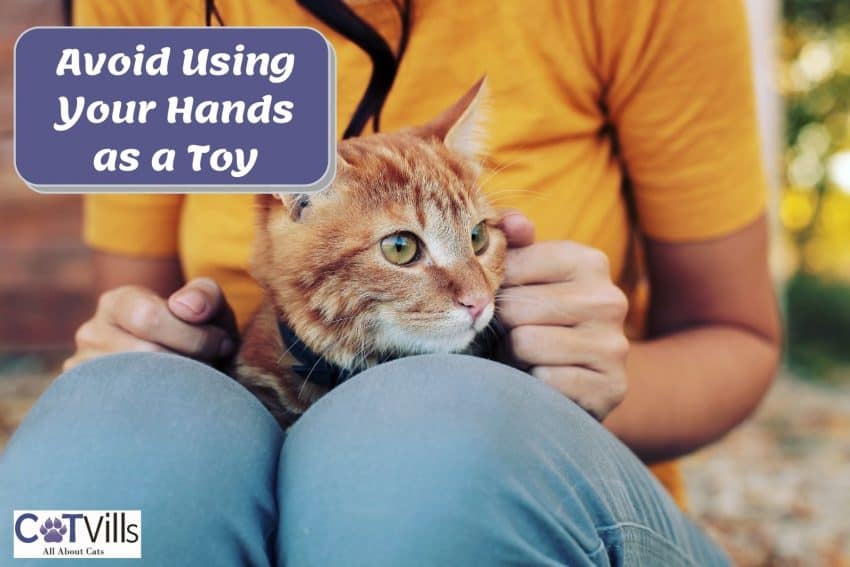
Cats can become very indulgent in play, sometimes forgetting who or what they are playing with.
Try not to use your hand to pet your cat; ideally, you should try using something like a toy that can be used with your hands at a sensible distance from its mouth.
This will help your cat understand what you want them to play with.
3. Timeout
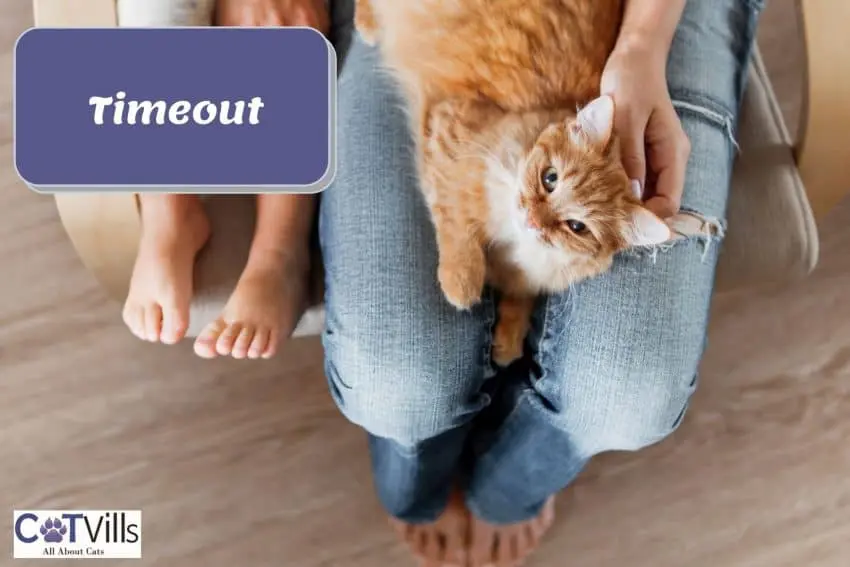
If your cat seems to actually go for you when playing, seemingly more than just incidental contact, you should stop the play there and then.
This can be done by turning away and ceasing play as soon as you are bitten.
Try not to resume playing for at least one minute; repeat this as required; they will soon get the hint.
4. Re-enforcing timeout

So if you have had no luck with the aforementioned timeout, you can try making it more obvious by changing your surroundings.
When they bite you, pick them up, move them to another room, and walk away.
This really should help your feline make a clearer connection between biting you and the play coming to an end.
5. Tire your cat out
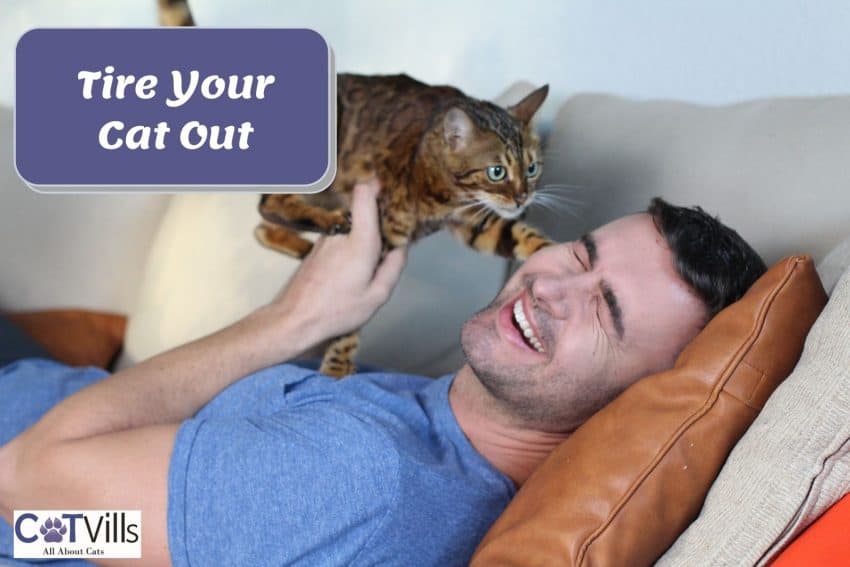
If your cat is biting you outside of playtime, it probably needs to drain some energy.
Spend a little extra time playing with them until they show signs of tiredness.
This should drain the excess energy, thus reducing how boisterous your cat can be when you aren’t playing with it.
6. Maybe your Cat is anxious
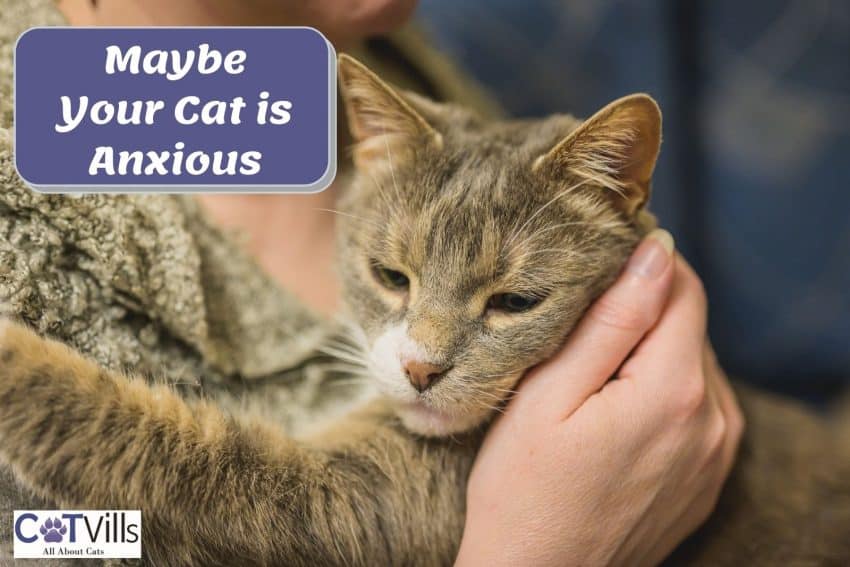
Cats can sometimes transfer aggression from discomfort or insecurity towards the person playing with them, which can result in what may seem like vicious and unprovoked attacks.
A great step towards relieving your cat’s anxiety is to keep some hormone diffusers plugged in around the house.
These products emit a pheromone that can be very effective at calming your cat and helping them feel more secure.
7. Ask your vet

Your vet may have some good advice or may even be able to establish the reason behind your cat’s aggressive play.
They may prescribe you some food or medication that will help calm your cat down. We personally have used Beaphar, which has produced some promising results.
There are also some brands that make cat food supplements called Tryptophan that can be added to a meal; this has proven to be very good at calming your pet down.
8. Be careful handling them
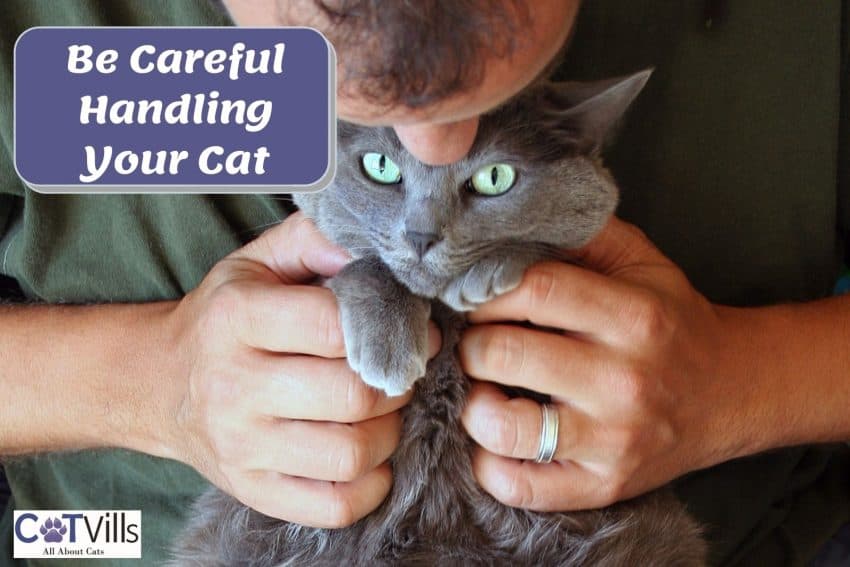
When petting your cat, try not to reach over them; although in a lot of cases cats don’t even notice, it has been shown to be stressful for a handful of cats.
It is good practice to see if the overhead approach has any kind of link to the cat biting.
If so, it is advisable when petting your cat to get down to their level and begin stroking them from the side of their face using the back of your hand.
This is so they can see exactly what you are doing and that it isn’t threatening. If they accept this approach, then you can slowly begin stroking the body.
9. Gain their trust
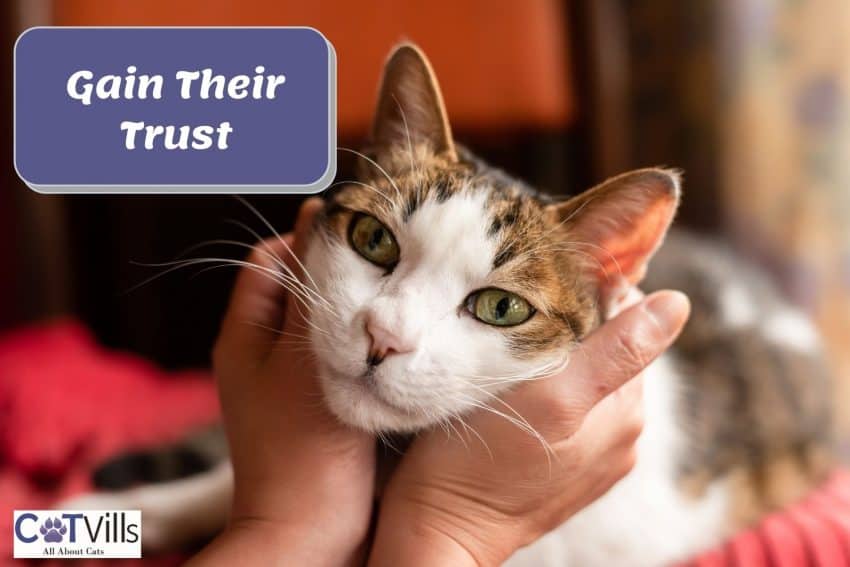
Try to recognize when your cat does not want to be handled and would rather be left alone.
A good sign to look for is whether your cat’s pupils are fully dilated and whether they are whipping their tail or not; if so, then it’s probably best to leave them alone.
If your cat knows they can trust you to give them space when required, they will be less likely to bite in the future.
10. Are they neutered?
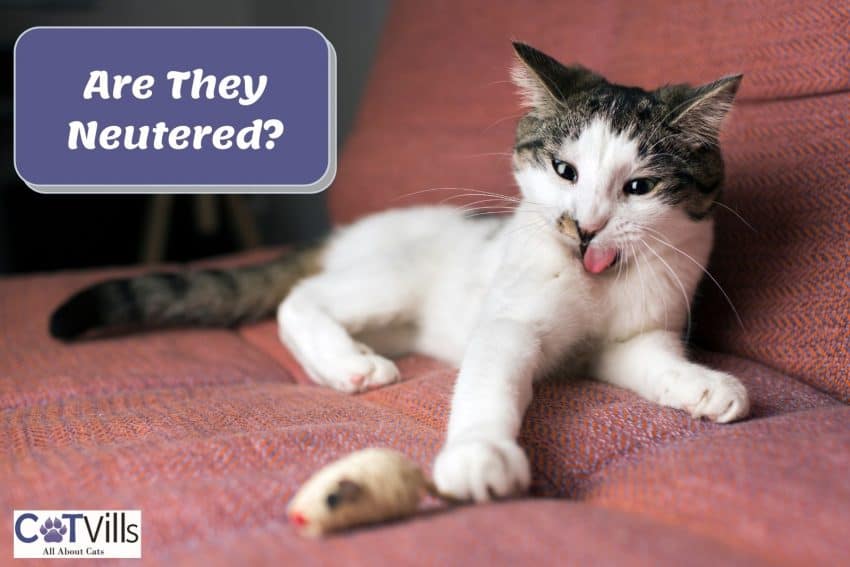
Cats that haven’t been neutered are generally more territorial than their neutered counterparts.
Although this isn’t a direct cause of aggressive behavior from your feline, neutering is proven to have a calming effect, thus making them more sociable and home-loving.
Wrap-Up
It is important to understand why cats bite and how to stop a cat from biting. With patience and consistency, you can teach your kitten that biting is not acceptable behavior.
If your kitten bites excessively, it may be a sign of an underlying medical or behavioral issue that needs to be addressed by a veterinarian or animal behaviorist.
Do you have other tips on how to stop a cat from biting? Please share with us below!
Resources:
